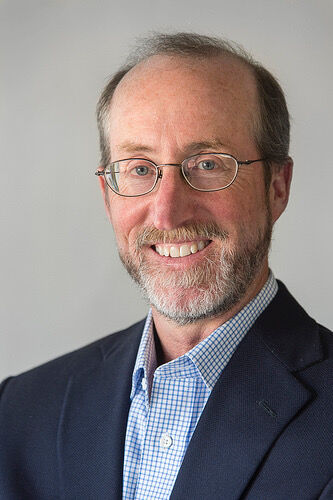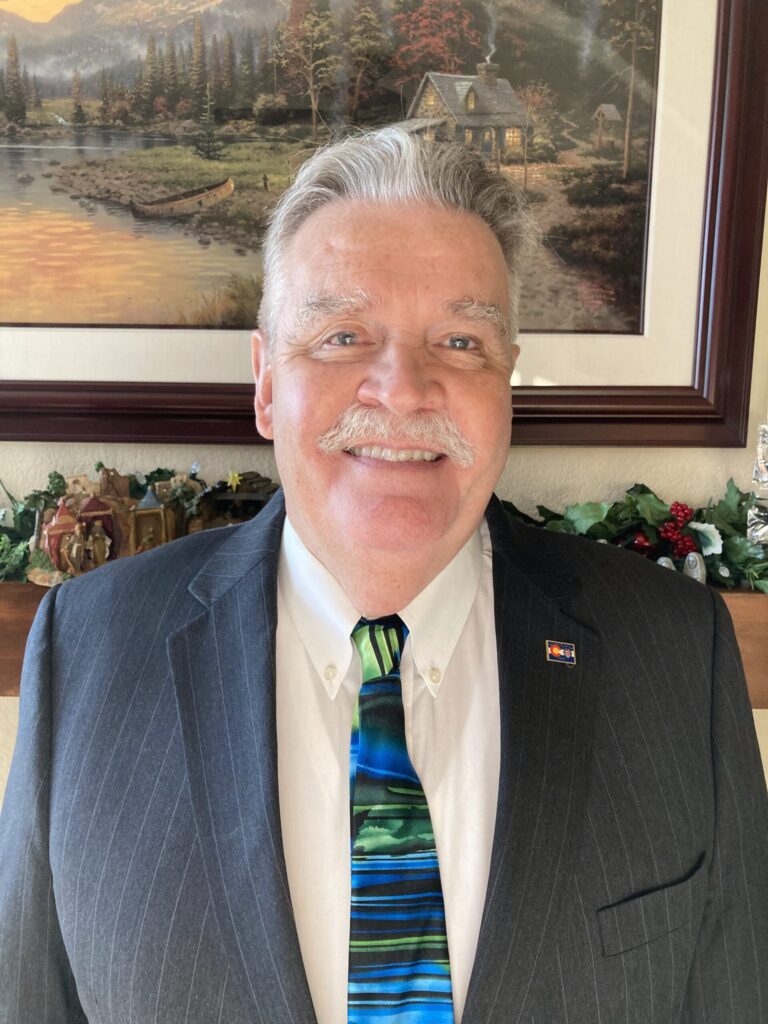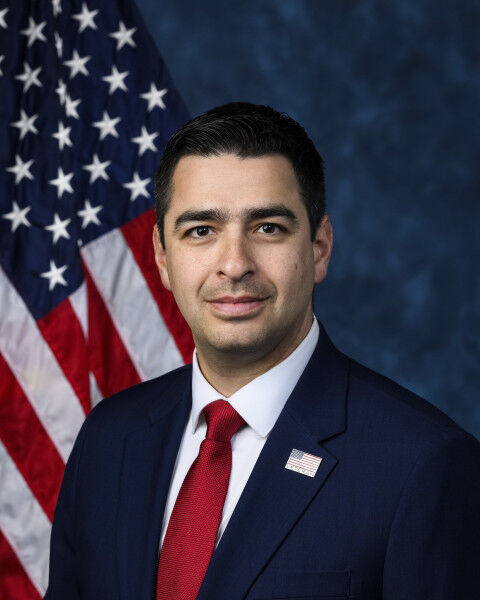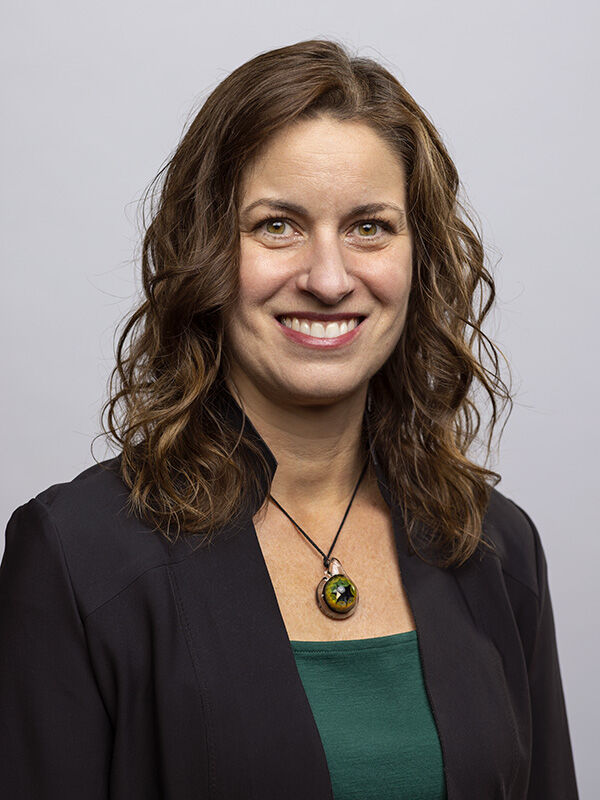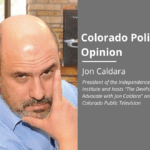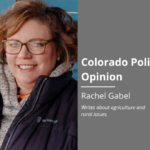Our ebbing sense of political community | HUDSON
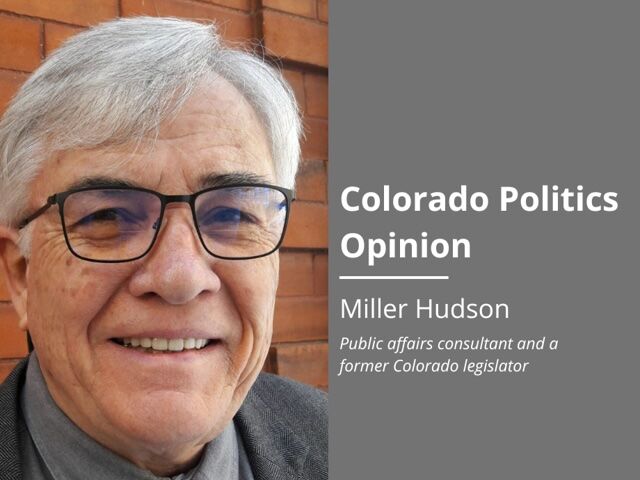

Attending my Democratic caucus last week by ZOOM drove home how rapidly Colorado’s political parties are disintegrating as effective organizations. Unfortunately, there’s no identifiable culprit, or vast conspiracy, which can be held responsible for this dissolution. I have doubts this descent can or will be reversed. Having moved here from Maryland in 1972, I was intrigued by the precinct caucus system for selecting delegates to county assemblies and from there on to state conventions. Knowing I wouldn’t arrive in Denver until the end of October, it wasn’t possible to qualify for a ballot, so I cast an absentee vote before departing Maryland.
Therefore, it was with a sense of both anticipation and curiosity I knocked on the door of Joe Vinnola in the spring of 1974. Joe was a longstanding lieutenant to Mike Pomponio, Denver’s Democratic boss – not just in North Denver but for the entire city. He is credited with delivering the Colorado delegation to John Kennedy in 1960 over Texan Lyndon Johnson – an Italian Catholic allying with the Irish Catholic presidential candidate from Massachusetts. Pomponio later collected on this favor by lobbying the Kennedy administration to route I-70 through North Denver, placing an exit at Pecos Street where his DX gas station was located, and uprooting nearly 300 homes in the process; rather than looping the Interstate north along the I-270 alignment.
Pomponio had been unceremoniously dumped in 1972 as Democratic captain by a wave of young, anti-war McGovern campaign supporters who swept out many long-serving committeepersons and joined to send Pat Schroeder to Congress. I was oblivious to this history as I rang the Vinnola doorbell. Joe was among the handful of old-timers who managed to survive the McGovern purge. Like many of the tidy brick Tudors in the neighborhood, Joe had a sliding grate which he pushed open and greeted me with, “Yes, what do you want?” Identifying myself as a Democrat looking for my precinct caucus and providing my name, the grate shut, and I could hear murmured whispering inside. Apparently, they concluded there was no plausible reason to refuse me entry and I was admitted to a smoke-filled living room with perhaps 20 other caucus attendees.
It probably helped me gain admittance that I mentioned I was new to the neighborhood – not a party to the despised McGovern insurrection. Over the next few years, I became friends with Joe Vinnola, who worked as a starter at the dog track in Commerce City. Several years later, once I was elected to the Legislature, Joe marked my race card during a legislator’s evening at the track and told me to bet his tips. He picked 11 of 12 winners and sent me home with an extra $400. I don’t think the races were actually fixed, but Vinnola apparently had a keen sense for the swiftest greyhounds.
Absentee ballots were rarely requested then, and you could expect to meet neighbors at your polling station. If you were politically involved, you soon knew who was doing similar work among Republicans. They served as election judges and would engage in humorous banter, “I see you got here in time to cancel my vote.” And, I would quip back, “It’s nasty work, but somebody has to do it.” Following the passage of the Americans with Disabilities Act (ADA), Democrats moved their caucuses from private homes to accessible public buildings – often local schools. This worked reasonably well, but participation fell off slightly.
Peak caucus attendance occurred with the Obama campaign in 2008. My precinct meeting at East High School drew 122 registered Democrats and another 30 unaffiliated voters – the latter shocked to learn they couldn’t be elected as delegates since they had failed to register as Democrats. One young woman wailed loudly, “But I love him so much.” We designated her as an alternate and advised she change her registration before the County Assembly.
Since then, Colorado has moved to all mail-in ballots, which undeniably boosts participation, and introduced open primaries, each of which is damaging to a feeling of voting as a community endeavor. The ZOOM caucus I attended in Arapahoe County last week attracted just 87 chatbox participants from 35 precincts in an entire legislative district. Our House District captain attempted to put a positive spin on the affair, noting how much more convenient it was for each of us to participate from the comfort of our own homes. The voting apps proved glitchy and problematic, delaying the proceedings. Unable to fill all the slots available at the county assembly, anyone who raised a virtual hand was certified as a delegate.
The county assembly at Hinckley High School drew perhaps 200 credentialed Democrats. A decade earlier, it would have been closer to 600. A similar delegate promotion existed for those expressing an interest in attending the state convention in April. This event will return to a ZOOM format. Admittedly, there are no statewide races this year, but lost is the opportunity to meet other Democrats from across the state. I will put off until next week a discussion of the ostensible “election reforms” which may appear on this November’s ballot. Read up on “jungle primaries” and “ranked-choice or instant run-off voting.” As you might suspect, there are pluses and minuses involved. While these innovations address some problems, they do little to build a sense of political solidarity fostered through a shared democratic experience.
Miller Hudson is a public affairs consultant and a former Colorado legislator.



